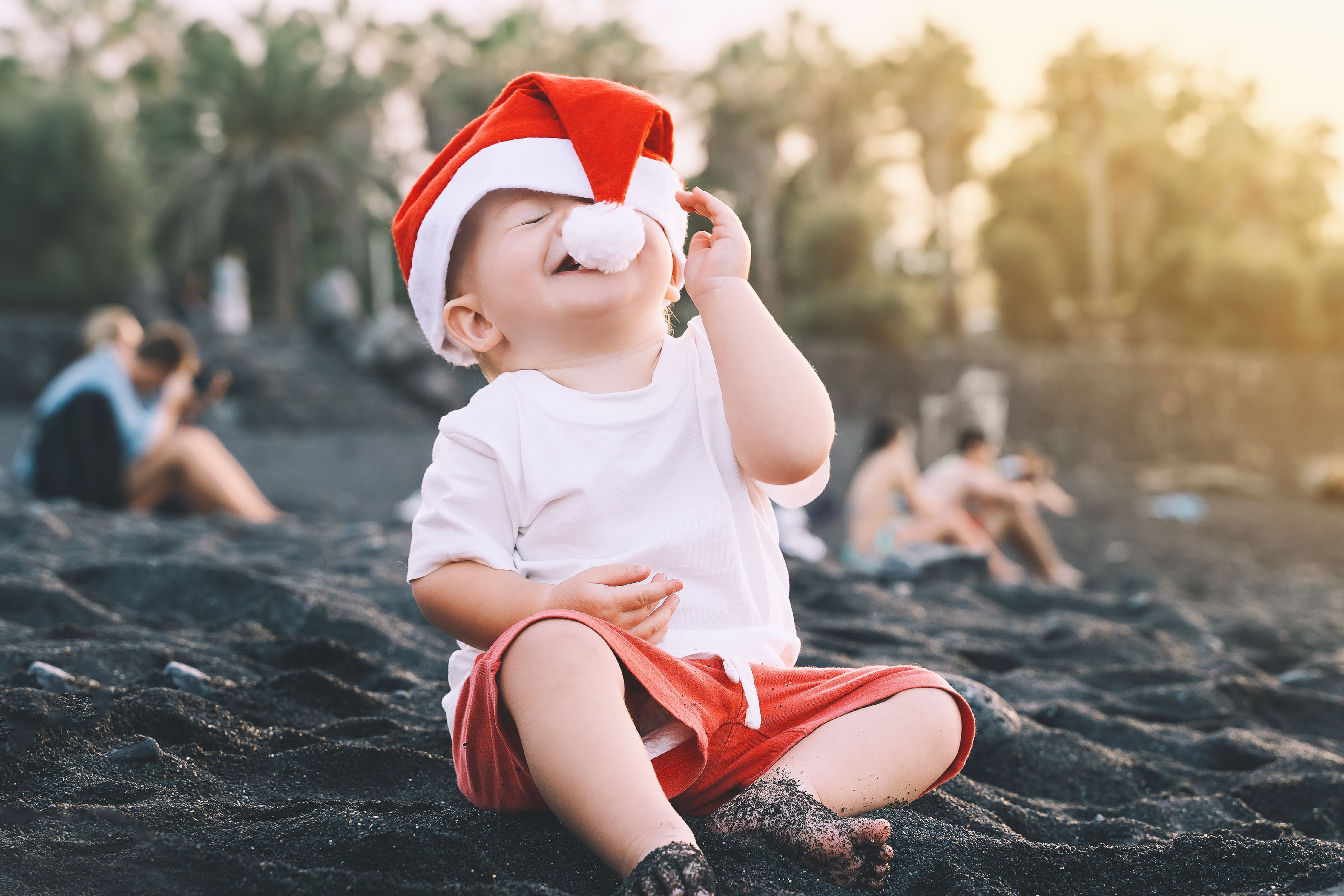With the holiday season fast approaching, it’s beginning to look a lot like big feelings and not-so-merry meltdowns! Here are a few tips and tricks that may be supportive for our children (and our own nervous systems) during this holiday period:
When we are wrapping up for the year, attending a lot of events, trying to manage finances and school is out – it’s easy to revert to old ways of thinking about our children. The idea that children are not listening, not doing what they are told, playing up – all come from an old paradigm that doesn’t see children as naturally cooperative, wise individuals. If children are not cooperating, another way to look at it is that there may be something out of balance or it’s time to listen to feelings.
PAUSE AND REFLECT
When children are not cooperating, take a moment to pause, step back and reconnect with your breath. Ask yourself a few questions:
- What stressors are present in the family or environment? (e.g. unprocessed stress and trauma, overstimulation/under-
stimulation, environments unsupportive of unique differences, change, illness etc.) - Have your child’s basic needs been met? (hungry, tired, other physical, emotional, energetic and spiritual needs etc.)
- Does your child need connection? (to be seen, heard, borrow your nervous system or love?)
- Do they need more information? (provided in a child-appropriate manner)
- Is it time to listen to feelings? (“I am here and I am listening”)
- Is it time to set a loving limit? (saying ‘no’ to the behavior and ‘yes’ to the feelings)
For more information on listening to feelings and loving limits, please refer to the Aware Parenting work Aletha Solther PhD and Australian Aware Parenting Instructor Marion Rose PhD.
ESTABLISH ROUTINE AND PREDICTABILITY
The absence of routine, holiday travels and multiple social events can lead to overwhelm and feeling unsafe for some children. Creating a sense of routine and predictability can be really supportive. You can do this by using visual representations of weekly plans, explaining sudden changes using visual cues and child-appropriate information, daily rituals while away, and having some quiet time with an attuned and loving grown-up can all contribute to a sense of safety.
PRIORITIZE ONE-ON-ONE, CHILD-LED PLAY
Even amidst the holiday chaos, carve out time for daily one-on-one, child-led play – even if it’s just 15 minutes. Play allows children to process and release feelings, as well as integrating new learning. If you don’t have the space, consider scheduling a session or asking another safe grown up for support.
MINDFUL NUTRITION
During this season being mindful of stimulants, inflammatory and introducing new foods in ways that overwhelm or overload little ones. Understanding their sensitivities to certain foods and considering how these may affect mood and sleep can create a big difference.
Additionally, pay attention to potential vitamin and mineral deficiencies, in particular vitamin D, zinc, magnesium, B vitamins, iron and fish oils, seeking advice from a GP, nutritionist or naturopath.
HYDRATION MATTERS
Dehydration can mimic anxiety, so add proper hydration to your “basic needs” checklist when your child seems a bit off.
LIMIT UNNECESSARY EVENTS AND ACTIVITIES
It’s okay to say no to some of the many events and things on our to-do list to prioritise our well-being. We often mistake self-care as a bath or booking in a massage (those things are also great!). However it’s the small moments throughout the day where we check-in with ourselves, allow a deepened breath and rest that can be really caring.
EAR PROTECTION FOR PEACEFUL OUTINGS
For unavoidable trips to noisy places, consider using Loop Earplugs for kids. These can be particularly useful in places like supermarkets or crowded events, with a recommended limit of 90 minutes, three times a day.
SPEAK TO AN EMPATHY BUDDY
There is often a strong focus on self-regulation however just like how children need to regulate with a ‘safe other’, so do grown-ups!
Recognize that this time of year can be stressful, making it challenging to be present for your child’s big emotions. Consider scheduling an opportunity to share and process your own feelings with a supportive partner, friend, or therapist. For some a safe, listening buddy can also be a pet, nature or anything that creates a feeling of connection.
By incorporating these mindful strategies into your parenting approach during the holiday season, you can create a more harmonious and connected experience for both you and your children.
Rain and Me. Children’s Therapy




